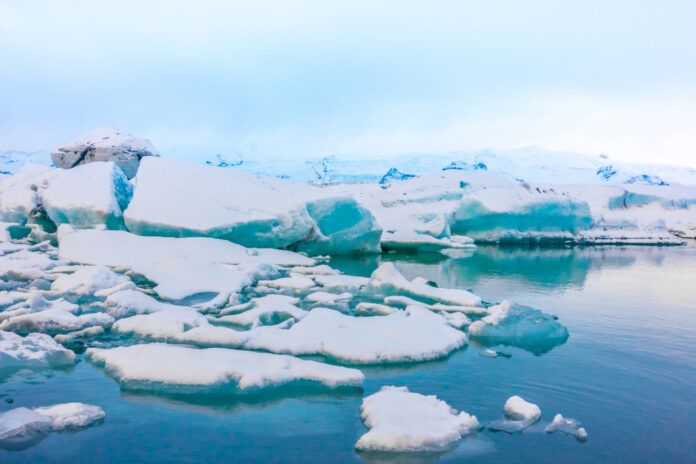Melting polar ice and core changes lead to a potential “negative leap second,” a first in timekeeping history
In an unprecedented intersection of climate change and timekeeping, a new study has revealed that the melting of polar ice, accelerated by global warming, is influencing Earth’s rotation to the extent that it could soon necessitate the removal of a second from global clocks, a phenomenon known as a “negative leap second.” This adjustment, which has never before been required or tested, highlights the profound impact human activity is having on our planet, including the fundamental way we measure time.
The Earth’s rotation, which defines the length of our days, is not constant but varies slightly due to interactions within the Earth’s core and changes on the surface, such as the redistribution of mass from melting ice caps. Traditionally, to keep atomic time (UTC) in sync with Earth’s rotational time, leap seconds have been added. However, due to a recent acceleration in Earth’s rotation, possibly linked to shifts in the Earth’s core, the world is facing the prospect of needing to subtract a second for the first time.
Embed from Getty ImagesThe study, published in Nature, suggests that the melting of polar ice is delaying this unprecedented adjustment by three years, from 2026 to 2029. This delay is attributed to the redistribution of meltwater from the poles to the equator, which affects the planet’s rotational speed akin to a figure skater slowing down as they extend their arms. Despite this slowing effect, the overall acceleration of Earth’s rotation, driven by processes in the Earth’s core, is leading towards the eventual need for a “negative leap second.”
The implications of subtracting a second are significant, especially for computing systems that rely on precise timekeeping for operations such as stock exchanges and satellite navigation. Many systems are equipped to add a second but not to subtract one, posing potential challenges that require careful preparation and reprogramming to avoid errors.
This development serves as a tangible indicator of the scale at which human-induced climate change is affecting our world, even impacting the rotation of the Earth itself. As the planet continues to warm and polar ice melts at an increasing rate, the study underscores the urgent need for global efforts to mitigate climate change and adapt to its far-reaching consequences.
As we approach the necessity of a negative leap second, the situation offers a unique opportunity to reflect on the interconnectedness of environmental changes and human activities, emphasizing the importance of stewardship of our planet for future generations.
